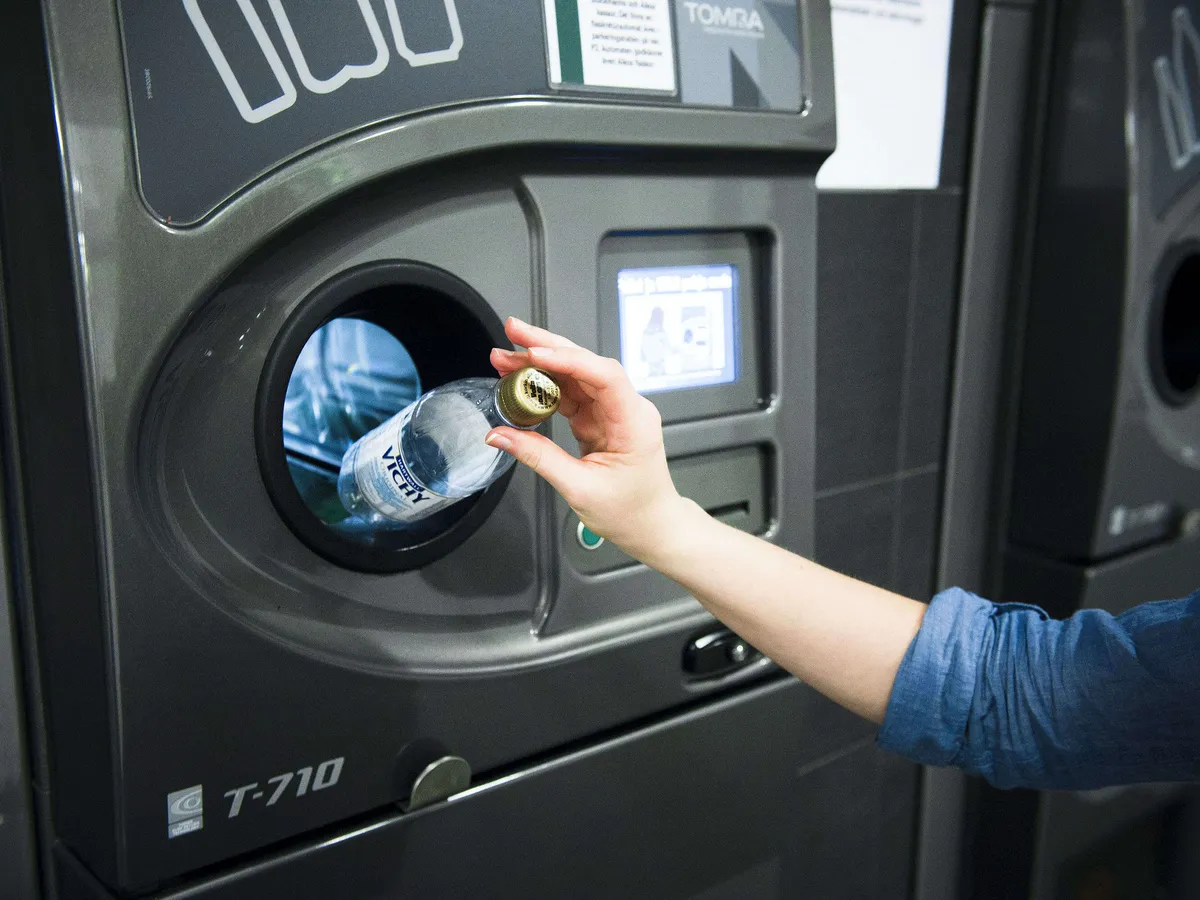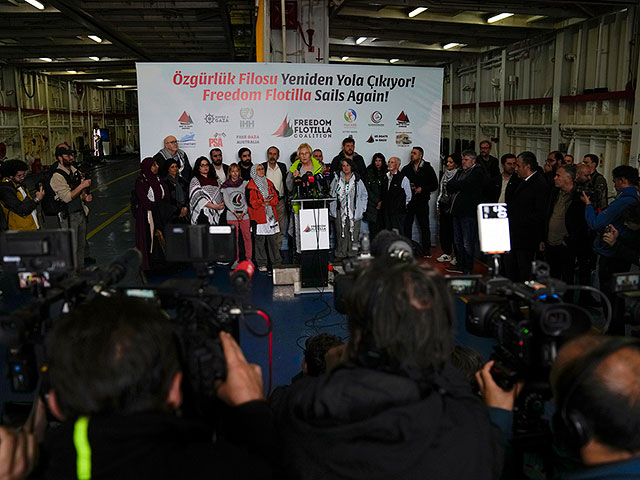- Thu. Apr 25th, 2024
Latest Post
Kim Petras cancels summer festival performances citing health concerns
Kim Petras has unfortunately had to cancel her previously scheduled festival appearances this summer due to health issues. The 31-year-old singer, who made history as the first openly trans person…
Engineer Takeo Kanade predicts artificial vision will enable teleportation without physical disintegration
Takeo Kanade, a 78-year-old researcher from Japan, is an expert in artificial vision, a field he has been devoted to for over four decades. This scientific discipline enables views of…
Potential for Two Different Bottle Return Systems in Schools
Center MEP Elsi Katainen believes that the call for a parallel return system is not reasonable. Miapetra Kumpula-Natri of the Social Democrats states that she only became aware of the…
The Descendants: Children of Che Guevara and Nelson Mandela Sent to Gaza in ‘Marmara 2’
Preparations are actively underway for the dispatch of the next “solidarity flotilla” from Turkey to the Gaza Strip. The flotilla consists of pro-Palestinian activists from various countries, including intellectuals, journalists,…
A new crew from China will be sent to the Tiangong space station
China’s space agency announced on Wednesday that a new crew will be sent to the Tiangong space station as part of its program to land astronauts on the Moon by…
Ford Incurs Multi-Billion Dollar Loss in Electric Vehicle Division
In the first quarter, Ford’s electric vehicle segment, Model e, experienced a loss of 1.3 billion USD, equivalent to 132,000 USD per car sold. The sales of electric vehicles in…
Harvey Weinstein’s Conviction Overturned by New York Supreme Court
The New York Supreme Court overturned the verdict against American film producer Harvey Weinstein on Thursday. Weinstein, who was found guilty of raping several women four years ago, had his…
1st Round Updates, Picks, Trades, Grades, and More: 2024 NFL Draft Live.
The 2024 NFL Draft is finally here! Join us for live coverage of the first round on Yahoo Sports. The draft is scheduled to take place on April 25 at…
Oil Prices Increase as a Declining US Dollar Competes with Slowing Economic Expansion
Oil prices climbed back above $83 a barrel despite earlier losses, thanks to a weaker dollar which boosted commodities priced in the currency. The strengthening equities markets also played a…
Florida Sees a Spaceship Landing in the Sea
Three astronauts and one cosmonaut recently concluded a nearly six-month mission that landed in the sea off Florida. The astronauts leading this mission were from the US space administration, NASA,…



:quality(75)/cloudfront-us-east-1.images.arcpublishing.com/elcomercio/YJ5XUJKFIFFWLDXY7YCHSWNHBQ.jpg)